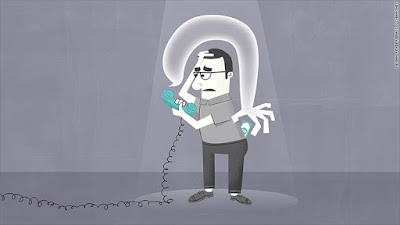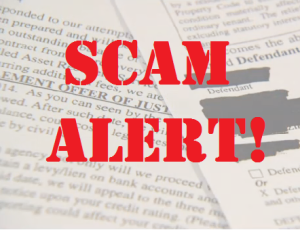Find out how to report IRS scams; learn how to protect yourself

From USA.gov IRS Imposter Scams IRS imposter scams occur when someone contacts you pretending to work for the IRS. The imposter may contact you by phone, email, postal mail, or even a text message. There are two common types of scams: Tax collection - You receive a phone call or letter, claiming that you owe taxes. They will demand that you pay the amount immediately often with a prepaid debit card or wire transfer. They may even threaten to arrest you if you don’t pay. Verification - You receive an email or text message that requires you to verify your personal information. The message often includes a hyperlink phrase "click here" or a button to a fraudulent form or website. Report IRS Imposter Scams Contact the Treasury Inspector General for Tax Administration (TIGTA) if you believe that an IRS imposter has contacted you. Report IRS imposter scams online or by calling TIGTA at 1-800-366-4484. Forward email messages that claim to be from the IRS to phishing@irs.g





